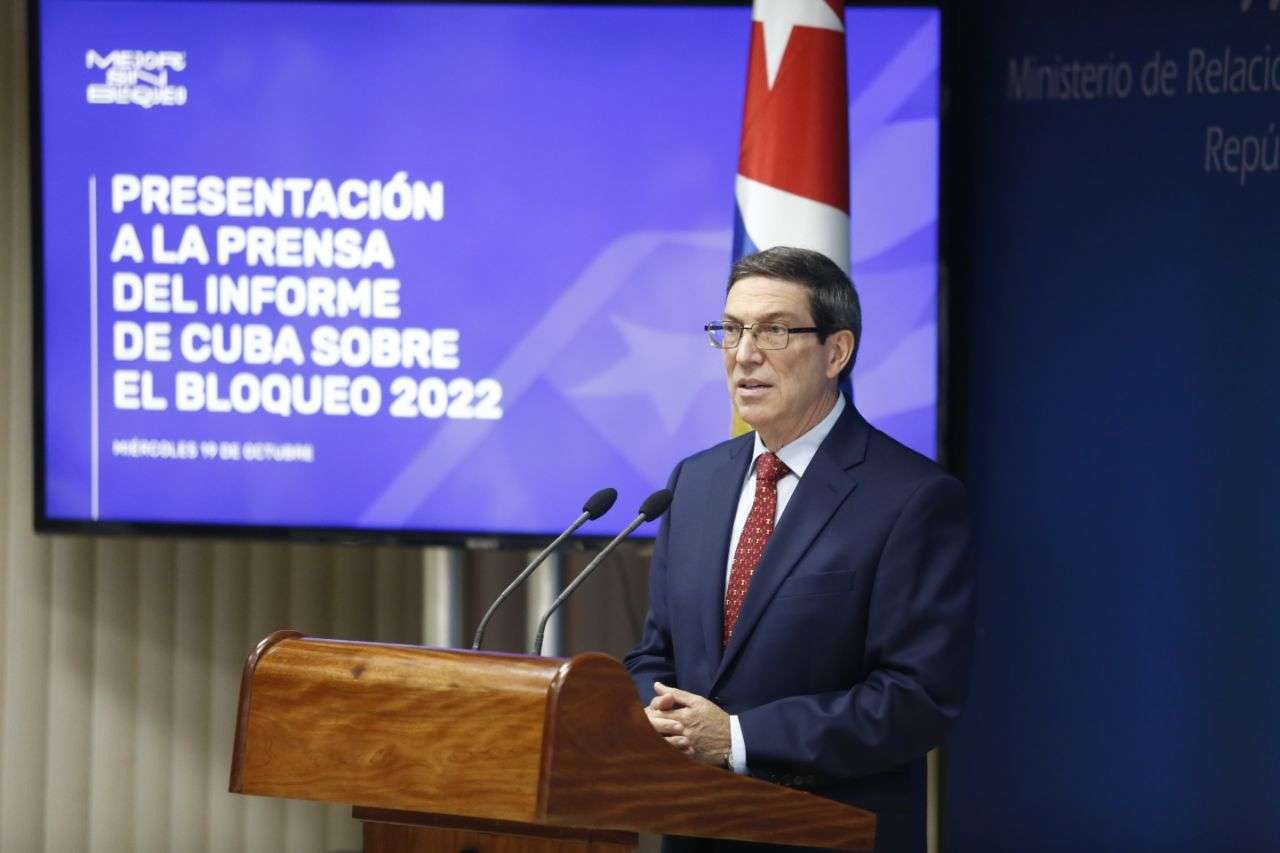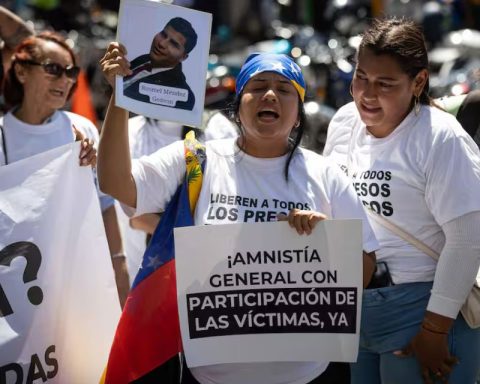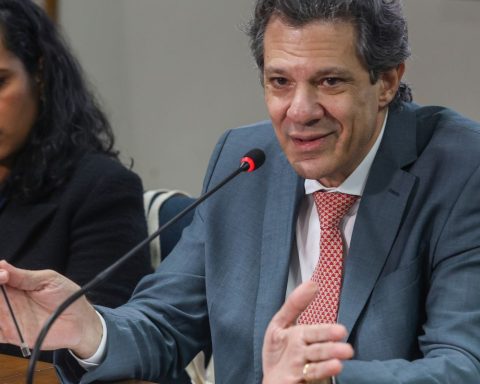The Cuban government estimated a record impact of 3,806.5 million dollars as a result of the United States embargo on the island in seven months, between August 2021 and February 2022.
This is the time included in the most recent report on the damages caused by that restrictive policy of Washington that will be presented by Cuba at the beginning of November in the General Assembly of the United Nations.
“Estimates indicate that Cuba’s GDP could have grown by 4.5% in this period, if the blockade did not exist,” Foreign Minister Bruno Rodríguez said in this regard when presenting the document this Wednesday before the national and foreign press, at the headquarters of the Ministry of Foreign Affairs (MINREX).
In addition, according to what was reported by Rodríguez, during the first 14 months of the government of Democrat Joe Biden, the damage caused to Cuba by the embargo amounted to 6,364 million dollars, “also a historical record.” This, the minister pointed out, is equivalent to affectations of more than 454 million dollars per month and more than 15 million dollars per day.
In this way, in the six decades of application of this policy, the accumulated damages add up to 154,217 million dollars at current prices, a figure that the foreign minister considered “exorbitant for a small economy, without great natural resources, insular, underdeveloped, such as the Cuban”.
At the value of gold, taking into account depreciation, these accumulated damages exceed one trillion dollars (1,391,111,000,000).
Chancellor’s words @BrunoRguezP in the presentation to the national and foreign press of the report of #Cuba?? on resolution 75/289 of the United Nations General Assembly
?https://t.co/g6CR8A1oTT#BestNoBlock pic.twitter.com/9OSQEOvizd
— Cuban Foreign Ministry (@CubaMINREX) October 19, 2022
Rodríguez commented that the embargo was strengthened “to unprecedented levels” during the Trump Administration and pointed out that this line has been “regrettably and inertially” maintained by Biden. He said that today it has “an aggressive quality that it had not had in the past” and that it has a “surgical design” to pursue the island’s sources of financing and supplies, in a context exacerbated by the pandemic.
The foreign minister detailed the effects of the embargo on the Cuban economy and pointed out that it “is aimed at causing the country’s inability to meet the fundamental needs of the population.” For this reason, he described it as “perverse and harmful” from the humanitarian point of view and considered that the application of “humanitarian exemptions” to this policy by the current Democratic government would be “correct”.
Regarding the changes announced so far by the Biden Administration in relation to Cuba, on issues such as trips to the island, consular procedures in Havana, and remittances, he reiterated that, although they are “in the right direction,” they are “extremely limited.” ” and in some cases “practically inapplicable”.
Similarly, he criticized Biden’s maintenance of Title III of the Helms-Burton Act and the “arbitrary and unjustified” inclusion of Cuba on the list of countries that, in Washington’s opinion, sponsor terrorism, which reinforces the harmful effects of US sanctions on the island’s economy.
.@BrunoRguezP | It is reflected in financial transactions, in the sending of remittances, it seriously raises the country risk, for which reason one must pay between 1/3 or twice more for merchandise.#BestNoBlock
2/2— Cuban Foreign Ministry (@CubaMINREX) October 19, 2022
Finally, Rodríguez affirmed that “the rejection of the embargo is universal”, which he considered as a policy that “has not achieved the objectives that were proposed”, but that “causes a lot of human damage” and “suffering every day”, and assured that both Cuba and the United States and the rest of the world “would be better off without a blockade.”
The Cuban report on the effects of the embargo, entitled “Need to end the economic, commercial and financial blockade imposed by the United States of America against Cuba”, will be presented for the thirtieth time on November 2 and 3 before the General Assembly of the ONU.
Until now, the initiative has had a majority international support and the systematic opposition of the United States and Israel, except in 2016 when during the Obama presidency both countries abstained.
Last year the vote was held in June, after not being able to be held in 2020 as a result of the pandemic. The result of the session He showed 184 votes in favor of ending the embargo on Cuba, three abstentions (Colombia, Ukraine and Brazil) and the votes against the United States and Israel.
















